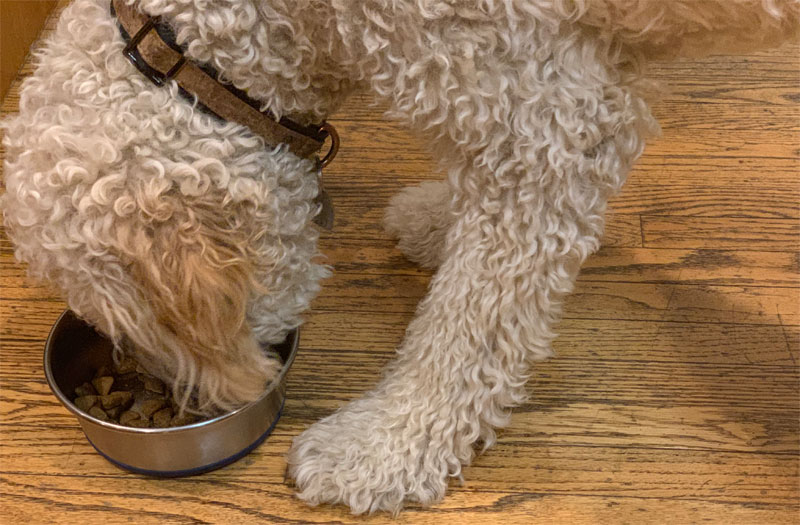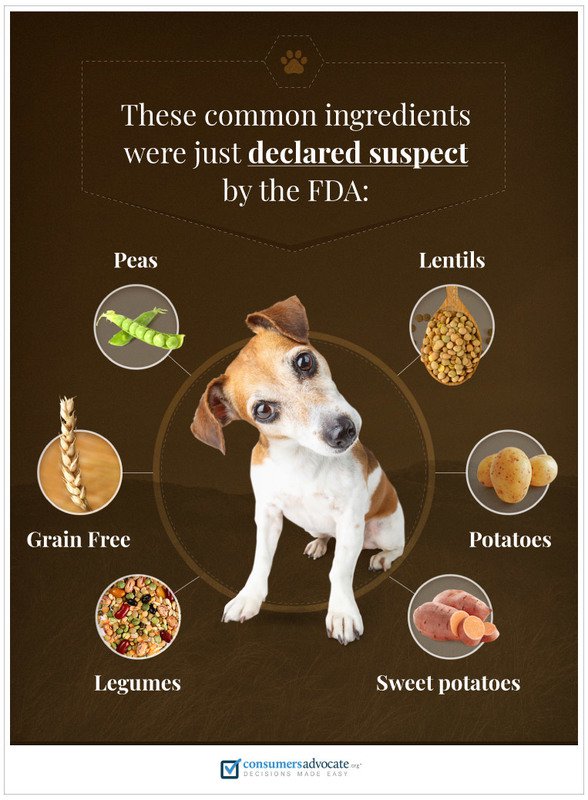
There’s no question that dog lovers are passionate about doing the right thing for their pets, including feeding them the right foods. But what does giving them the right diet mean? We know that dogs do best on a well rounded diet, and we can watch them for obvious behavioural cues, such as anxiousness, aggression, or lethargy, but how do we know if they like what they’re eating and if it’s really good for them?
Without being able to ask our dogs directly, we might try to guess whether they like their food by how excited they seem about it, but this could be misleading. While some dogs are extremely food driven, others are more interested in toys or playing than food. And then there are the dogs who consider anything – even poop – interesting food. So let’s face it, trying to ‘read’ our dog’s opinion on their food preferences is weak at best.
Canadian Dog Food Regulations
So, how to decide on the dog food you buy? In keeping with recommendations to eat local, Canadian consumers may prefer to purchase Canadian products or foods made within their region. You might wonder what the regulations (if any) are around dog food made and sold near you. It turns out that there really aren’t regulations for pet foods in Canada. According to this article from CBC, “The only regulation we have in Canada around pet food relates to labelling….as opposed to rules around nutrient content.”
The Canadian Food Inspection Agency (CFIA) examines all foods, including pet foods, that are imported into the country, to prevent the spread of disease. However, if a product is introduced into the Canadian market and then found to be unsafe, the CFIA does not issue recalls. This is left to the pet food manufacturers since there is no national regulation.
Dog Food Recalls – Ingredients that May Harm
In the United States, the American Food and Drug Administration does issue recalls if pet foods are linked to health concerns. This is useful to know, especially considering the recent advisory by the American FDA that links certain ingredients in dog foods to heart ailments. Eight dog food brands, including one sold in Canada, were recalled because of the link to potentially deadly levels of vitamin D. Products that were recalled were those that contained peas, lentils, potatoes, sweet potatoes, or legumes; many were labelled ‘grain-free’.

Dog Foods in a Confusing Market
So, again, where does this leave us as consumers? If you have concerns about what to feed your dog, checking in with your veterinarian is a good place to start. Giving your dog a well rounded diet (as recommended by Dr. Rebecca Ledger) including grains will start them off on the right paw. And even though Canada’s pet food industry isn’t nationally regulated, there is an industry association called the Pet Food Association of Canada (PFAC), comprised of pet food manufacturers and companies that supply materials or services to the pet food manufacturing industry. Their members are committed to producing wholesome and nutritious foods for pets in Canada and around the world. Check in with them to see if your preferred food supplier is a member. Ultimately, it’s up to us as guardians of our pets to ask lots of questions and try to make the best choices for our four legged friends. Just because it’s for sale in Canada doesn’t mean it’s safe or nutritious for your pet.
Sources:
Global News: Canada’s pet food industry is not regulated — and experts warn about the dangers
CBC: FDA names 16 dog-food brands with potential link to canine heart disease
FDA Investigation into Potential Link between Certain Diets and Canine Dilated Cardiomyopathy
Consumers Advocate: Best Dog Food Based on In-Depth Reviews (Updated Aug 13 2019)
Related on Pawsphere:
